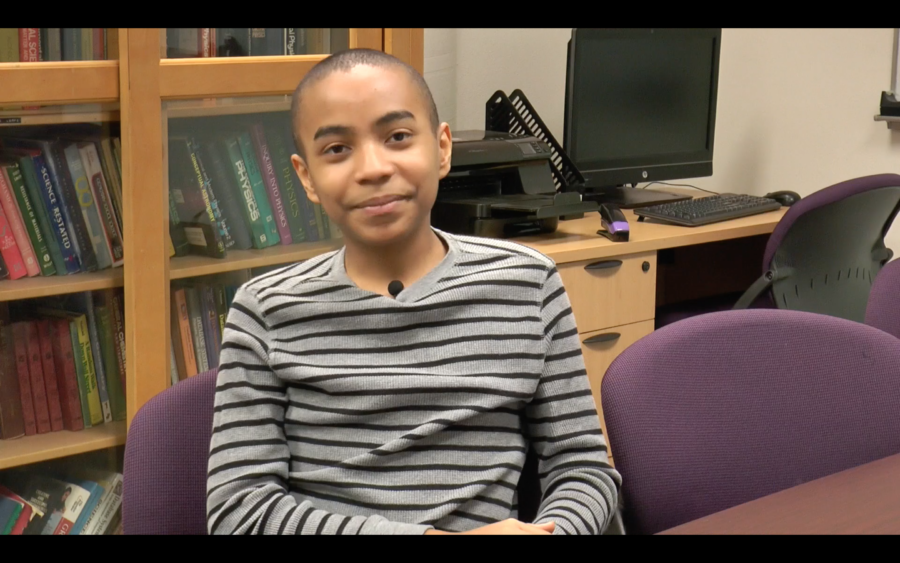Black Alumni Alliance members reminisced about their days at TCU, while encouraging students to utilize the resources on campus that weren’t available to them as students.
Graduates remembered dancing as SuperFrog, bum-rushing the student government to promote multicultural programming, and being the first person in their family to earn a diploma.
“When I first lived here in 1965, blacks had to stay with blacks. The administrative office assigned roommates by ethnicity,” said Mildred Martin Sims, a Black Alumni Alliance member.
The women in Foster Hall branched out and petitioned the administration to open roommate choice. Administrators allowed residents to room with students of different ethnicities by request only, said Sims, a 1969 graduate.
Sims lived in Foster two years, when the curfew was 11 p.m. Sunday through Thursday. Instead of resident assistants, students had dorm mothers who were older women who gave demerits when a resident came in past curfew and violated rules.
The discussion was held Sunday in Foster with seven alumni. Hollis R. Henley, a junior English major, said the mixer shows alumni are concerned about the well-being of current black students.
“It is very important that we know the history of blacks at TCU so that we can learn from it and appreciate what we have now and utilize our resources,” Henley said.
Sims didn’t have any sororities to get involved in, so she formed Students for the Advancement of African American Culture Organization, a group for students to voice their opinions about student activities not inclusive to the black community.
“We had to stick together, because if we didn’t there wouldn’t had been a lot of us together to make a change,” Sims said.
Anthony Johnson, a 1998 graduate, said fewer resources were available to him on campus than there are now.
“What resources we had, we milked it dry,” Johnson said.
Henley said the difference between black alumni and black students now is that alumni united because there was a lack of concern for blacks. The alumni filled that void with the Black Student Caucus, Programming Council, and other recreational events that promoted a sense of community for black students, Henley said.
“Now that they have opened those doors, it seems to me that we are less passionate than they were about establishing and maintaining that sense of community,” Henley said.


